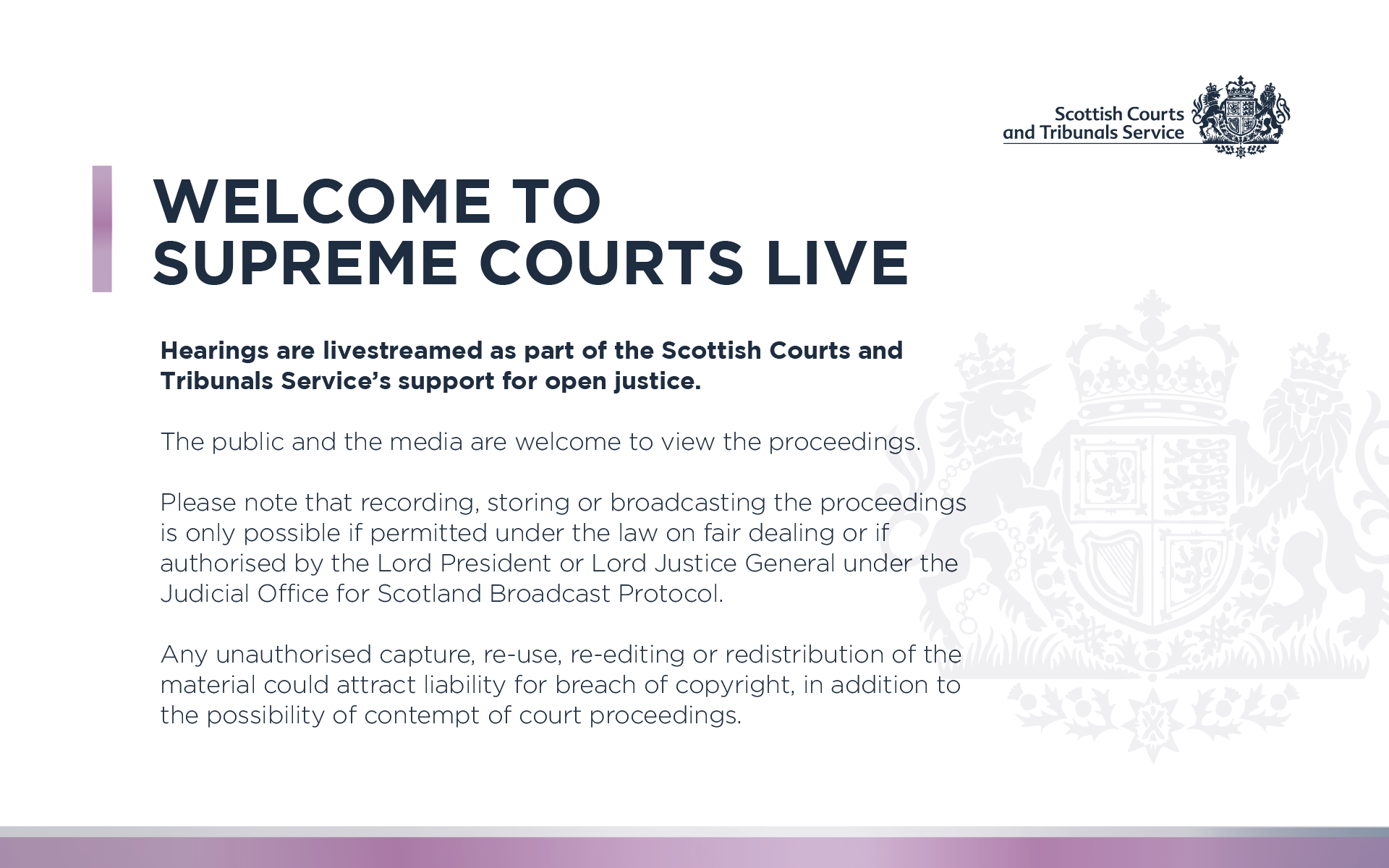Case description
This is an appeal under section 239 of the Town and Country Planning (Scotland) Act 1997 against a decision of the Scottish Ministers to refuse planning permission.
On 22 March 2022, Miller Homes Ltd sought planning permission for a residential development of 250 houses on farmland north of the B792, Mossend, West Calder. Section 25 of the 1997 Act requires a planning authority to determine any planning application in accordance with the development plan. The development plan comprises: (1) the National Planning Framework and; (2) the local development plan applicable to the area in which the site is located. The applicable local development plan is the West Lothian Council Local Development Plan. On 13 February 2023, a new National Planning Framework, NPF4, was adopted.
The WLLDP categorises the site as greenfield land, meaning land which has never been developed, or where traces of any previous development are now such that the land appears undeveloped. It provides that the council will encourage the development of other categories of site in preference to greenfield sites.
However, the WLLDP also requires the council to maintain, at all times, a supply of land which is, or is expected to be, available for development for housing within the next five years (referred to as a five year effective housing land supply). As an exception to the general rule against the development of greenfield land, where there is a shortfall in that supply, Policy HOU 2 of the WLLDP states that applications for permission to develop greenfield land will be supported, provided certain criteria are met.
Miller Homes relied on HOU 2 in support of their application for planning permission. They argued that there was a substantial shortfall in the five year effective housing land supply, and that the proposed development met the other criteria set out in HOU 2.
The Ministers refused the application on 19 July 2023. They considered that the application was contrary to a number of policies in the local development plan, as well as a number of policies in NPF4. Principally, they found that Policy 16(f) superseded the requirement for a five year effective housing land supply and set out a new mechanism for the exceptional release of greenfield land. Policies 16(f) and HOU 2 were therefore incompatible, and Policy 16(f) was to be applied as the later of the two (section 24 of the 1997 Act). Policy 16(f) of NPF4 did not support the proposed development. The Ministers reasoned that, in any event, HOU 2 did not support the proposed development either.
Miller Homes appeal against the Ministers’ decision. They argue that HOU 2 is supportive of the proposed development. They contend that HOU 2 ought to continue to apply until such time as the WLLDP is updated and replaced with a new plan to take account of the Policy 16(f) mechanism.
The appeal raises wider issues regarding the interpretation of NPF4 and its interaction with local development plans. The First Division will hear the appeal on Wednesday 24 January 2024.

